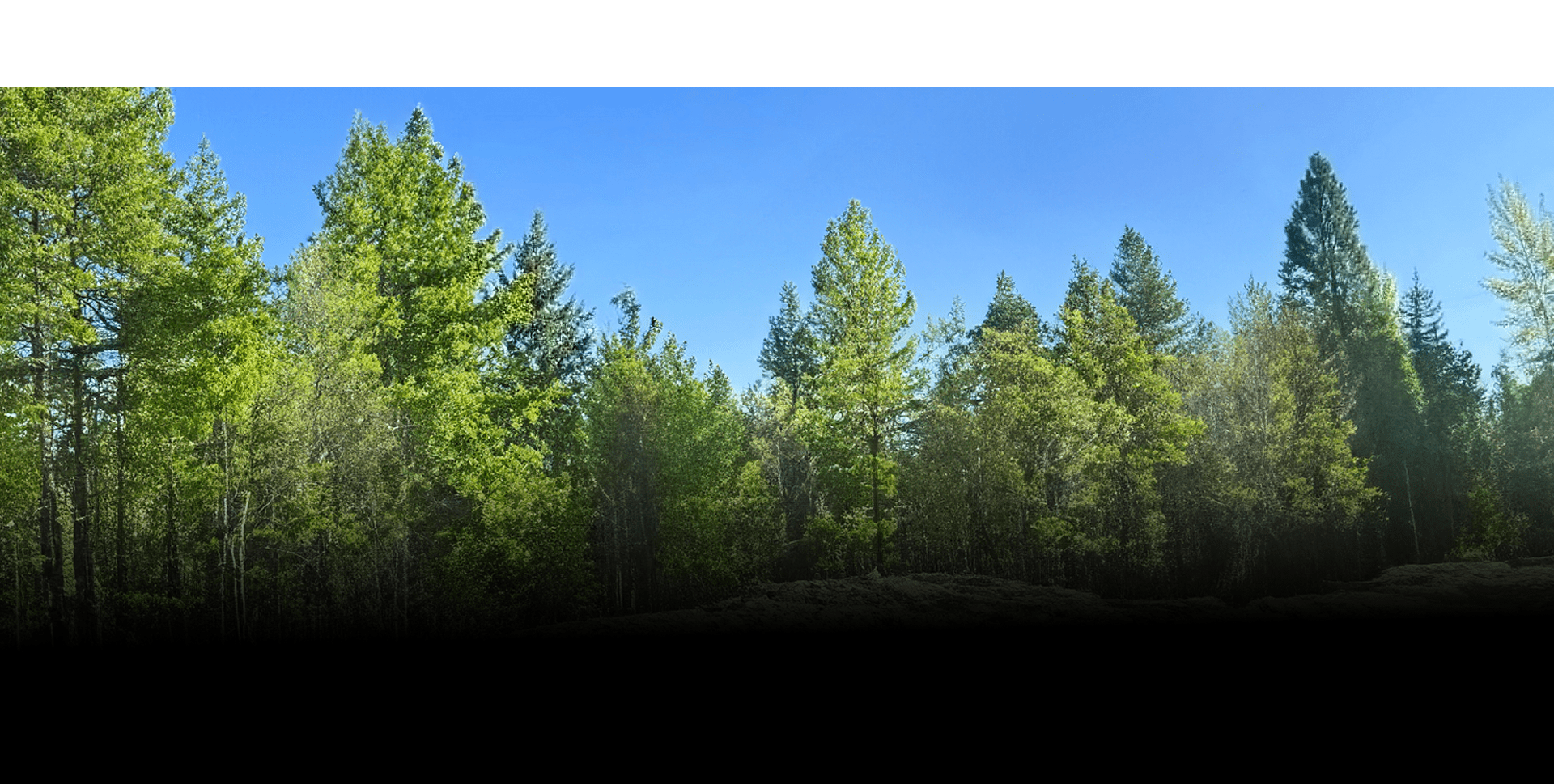Our endeavour is to create an oasis of peace and order and oneness with nature and hospitality, a showcase of Organic, Biodynamic and out of this world delicious food and wine!
Award Winning Pyramid Cellared Organic Wine & Cuisine
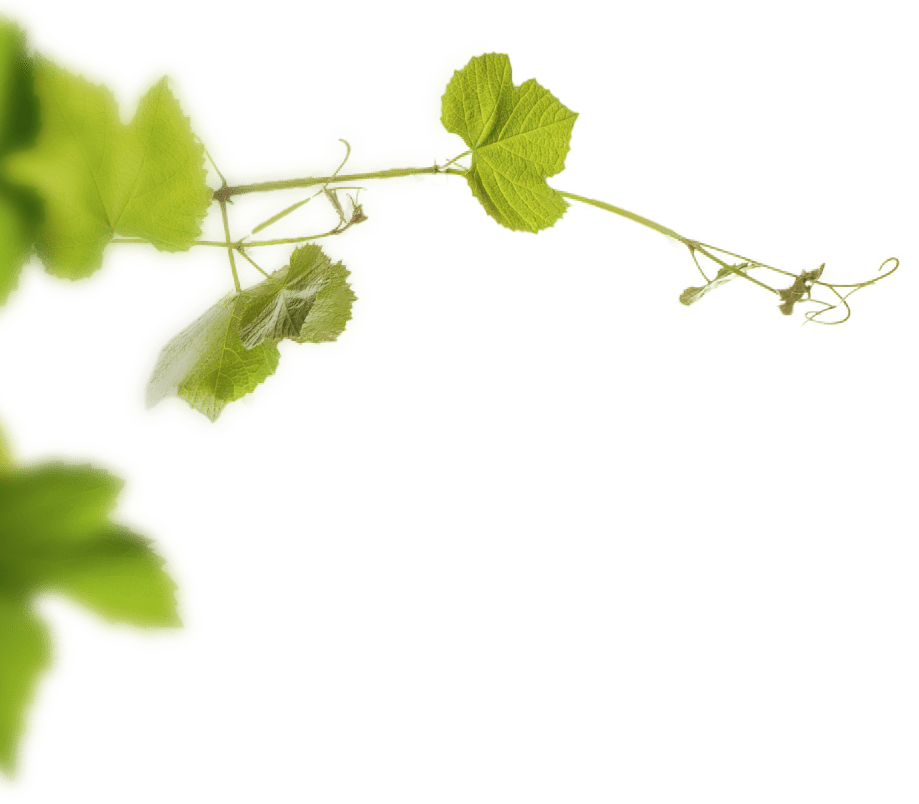
Pyramid Cellar Aged
Wine
At Summerhill Pyramid Winery we make wines that are so beautiful that they are sacred. We start with organically and biodynamically grown grapes from the pristine Okanagan Valley, handling them with love and attention, allowing them to ferment naturally to retain the highest levels of antioxidants, and finishing the wines in our Pyramid Cellar built with precision Sacred Geometry and aligned to the stars to create a structure of stillness and harmony.
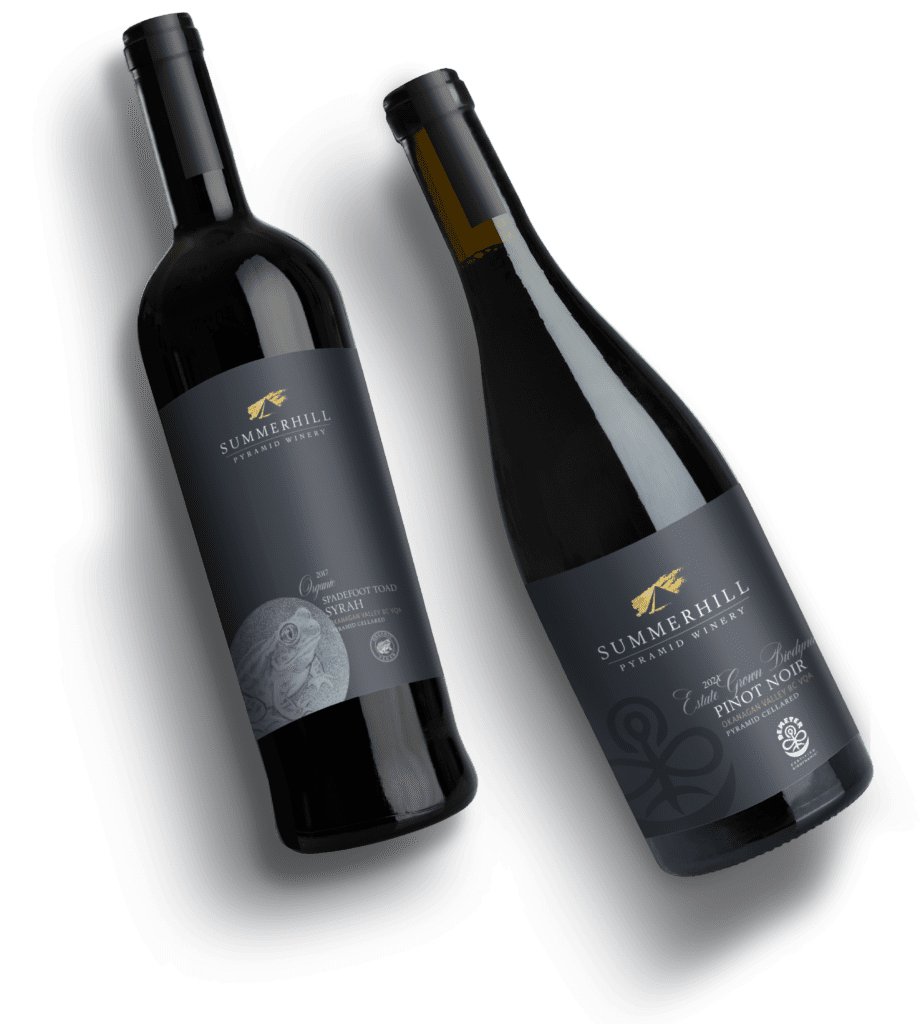
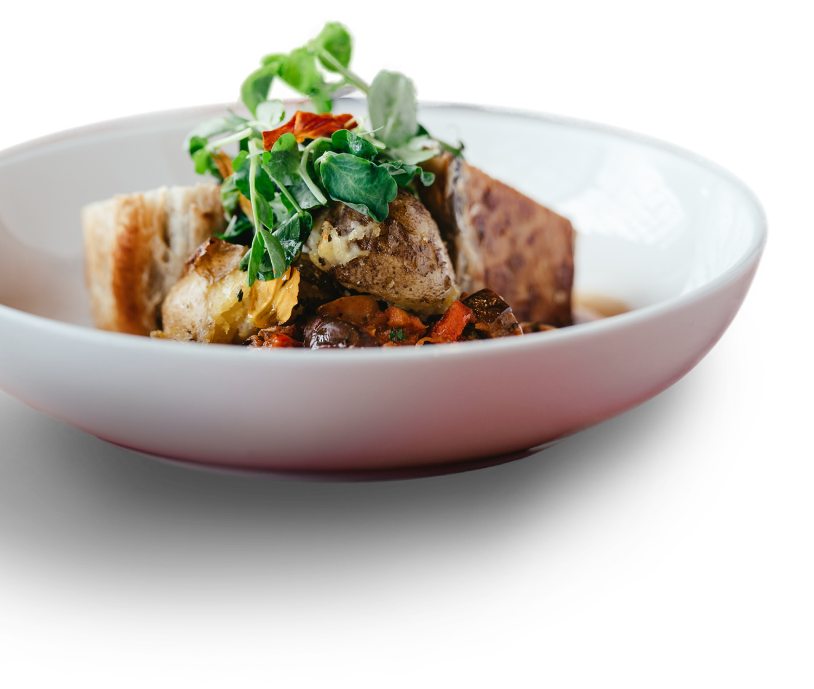
Dine
Nature’s Table at Summerhill
Summerhill Pyramid Winery is proud to offer a meticulously crafted menu that comes with breathtaking lake views and sunsets. Come and enjoy a memorable experience paired with our award-winning wine.
The bistro is now open every day for the summer season! We look forward to welcoming you!
Gather
Summerhill Pyramid Winery boasts stunning views of Okanagan Lake and the surrounding mountains. With both indoor and outdoor spaces available, we can accommodate events of all sizes and types, anything from weddings to corporate events.
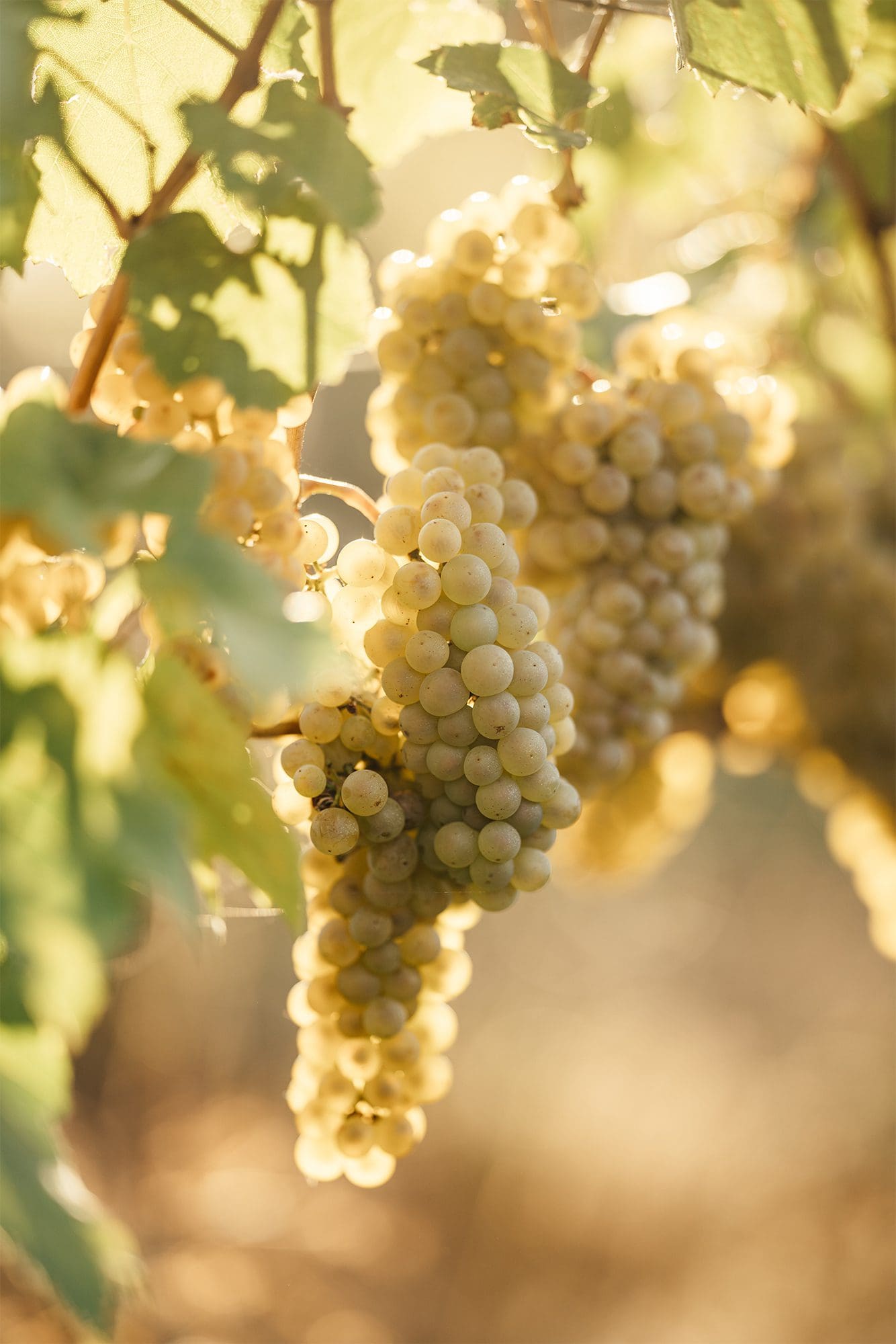
The
Winery
Organic winemaking practices have been an integral part of Summerhill since the Kelowna vineyard was purchased by the Cipes family in 1986. Producing wine organically has a very meaningful benefit to the environment, and we believe that organic practices allow for the grapes in our vineyards to honestly express their surroundings, providing deep, terroir-driven qualities that are a true articulation of Okanagan terroir.
The
Pyramid
The knowingness of eternity awaits us in this sacred chamber. The word Py-ra-mid means “fire in the middle”. We all have this fire in the middle. It is our hearts, our souls. We are mostly liquid and we are affected just like the wine is affected. The effect is clarification.
Summerhill Newsletter
Sign up for our occasional email and be one of the first to take advantage of limited offers and upcoming events.
